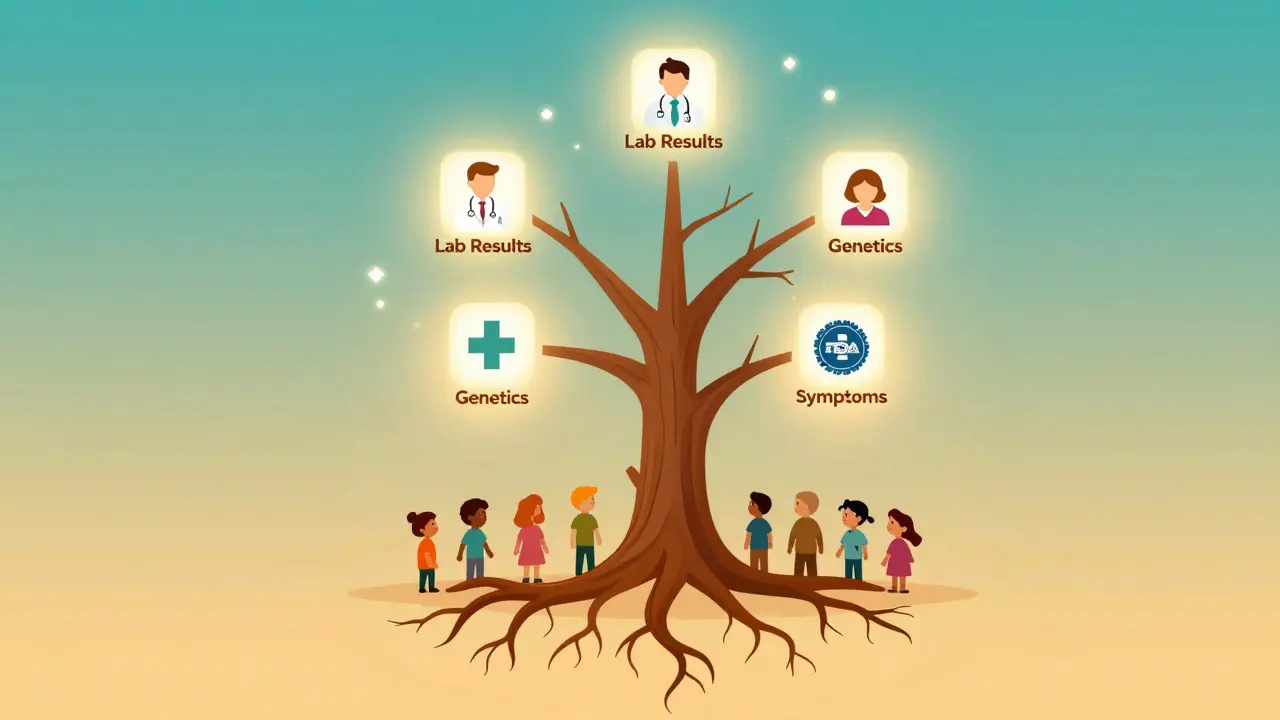Dementia: Signs, Care Tips and Medication Safety
Noticeable memory slips or odd changes in behavior? Those can be early signs of dementia, but they don’t always mean the worst. This page gives clear, practical steps you can use right away: what to watch for, how to talk to a doctor, simple care tips, and how to handle medication safely.
Common signs and what to check
Look for patterns, not single moments. Key signs include steady memory loss that affects daily life, trouble finding words, getting lost in familiar places, poor judgment (like unsafe spending), and big mood or personality changes. If these appear over months, make an appointment with a primary care doctor. Ask for basic tests: blood work (B12, thyroid), a medication review, and a brief cognitive screen. Some causes — low B12, thyroid problems, or side effects from drugs — are reversible. Early diagnosis helps you plan and try treatments that may slow symptoms.
Practical tips for caregivers and daily life
Keep routines simple. Predictable daily schedules cut confusion and anxiety. Use large calendars, labeled drawers, and clear signs for rooms. Break tasks into small steps and use calm, short sentences when giving instructions. For meals, serve familiar foods and eat at the same time each day. Remove tripping hazards and install night lights. If wandering is a risk, consider door alarms or GPS watch options.
When behavior shifts — like aggression or sleep problems — try non-drug approaches first: adjust the environment, limit naps late in the day, reduce noise, and stick to soothing routines. If behaviors persist, talk to the doctor about treating triggers (pain, constipation, infection) before adding medication.
Medication safety matters. Common dementia drugs include cholinesterase inhibitors (donepezil, rivastigmine, galantamine) and memantine. They can ease symptoms for some people but won’t cure the disease. Ask the doctor about benefits and side effects, and keep a single, updated medication list. Many drugs — especially those with anticholinergic effects like some sleep aids and antihistamines — can worsen confusion. Always check drug interactions and review all prescriptions, over-the-counter meds, and supplements.
Buying meds online? Use trusted pharmacies, confirm a valid prescription is required, and compare prices carefully. Our site has guides on safe online pharmacy choices and how to avoid scams.
Plan ahead. Talk about legal and financial matters early: power of attorney, living wills, and care preferences. Connect with local support groups and respite services so you don’t burn out. Care is a marathon, and asking for help makes you a better caregiver.
If you suspect dementia, act now: schedule a medical check, get a medication review, and start simple safety changes at home. Explore our articles for deeper info on medications, buying meds safely, and practical caregiver strategies — we’ve rounded up the useful stuff so you don’t have to guess.





